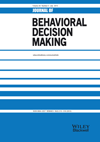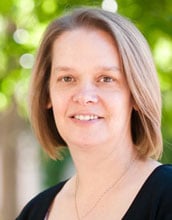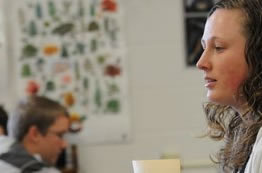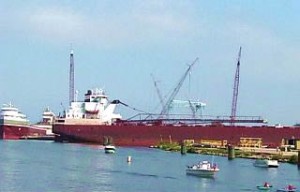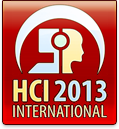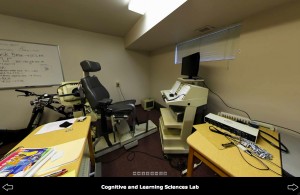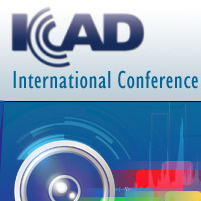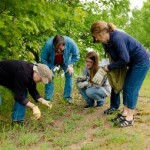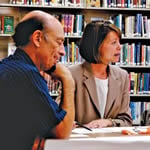 Brad Baltensperger, Chair of Cognitive and Learning Sciences, attended the school board meeting for Houghton-Portage Township Schools. The meeting concerned district student counts, testing, classroom technology, extracurricular activities, and other items.
Brad Baltensperger, Chair of Cognitive and Learning Sciences, attended the school board meeting for Houghton-Portage Township Schools. The meeting concerned district student counts, testing, classroom technology, extracurricular activities, and other items.
Read more at the Mining Gazette, by Garrett Neese.
